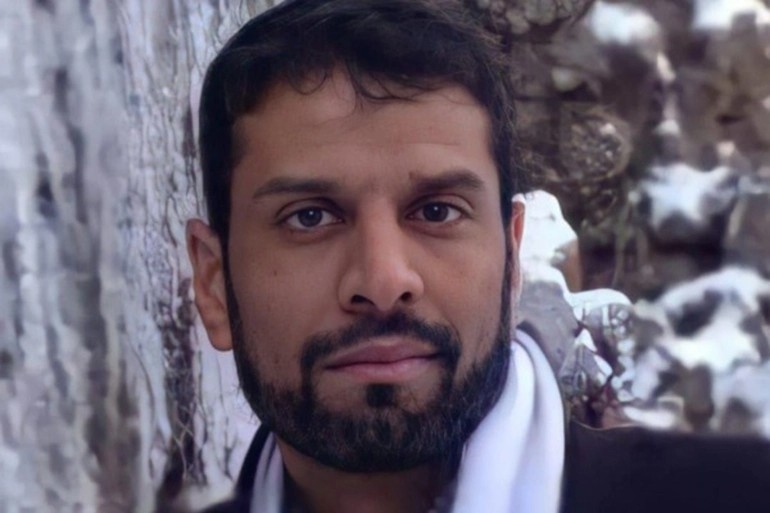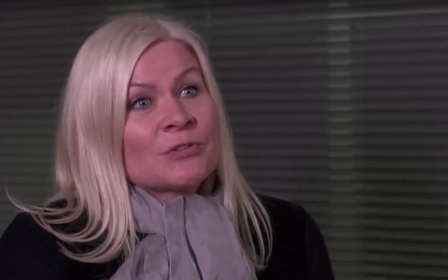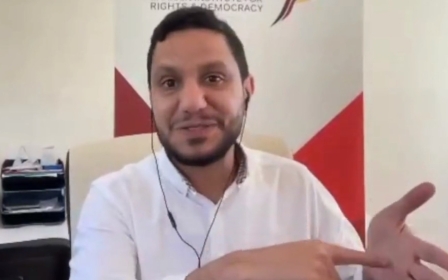Bahraini dissident sues Interpol over 'red notice' arrest and deportation

Lawyers for a Bahraini political dissident say he was unlawfully extradited, imprisoned and tortured after his arrest in Serbia on an Interpol red notice and have filed a civil suit in a French court against the policing organisation.
Ahmed Jaafar Mohamed Ali travelled to Serbia in November 2021 to seek asylum, but was arrested by authorities there based on the red notice which the lawsuit argues violated the organisation's governing principles.
The European Court of Human Rights issued an interim measure in January 2022 calling on Serbian authorities to refrain from extraditing Ali pending more information and particularly given the risk of torture or ill-treatment if he was returned.
Three days later, campaigners say a private plane, chartered by United Arab Emirates-based Royal Jet Airlines, took Ali to Bahrain.
Imprisoned on two life sentences in Jau Prison, Ali says he has been beaten, denied medical treatment and held in prolonged solitary confinement since his return.
New MEE newsletter: Jerusalem Dispatch
Sign up to get the latest insights and analysis on Israel-Palestine, alongside Turkey Unpacked and other MEE newsletters
"I suffered torture and I will serve the rest of my life behind bars in one of the most notorious prisons on earth," Ali said in a message from the prison.
"I hold Interpol responsible for my unimaginable suffering since being extradited to Bahrain."
Middle East Eye has sought comments from Interpol, Serbian and Bahraini authorities.
Ali's lawsuit is only the latest legal challenge to Lyon-based Interpol which legal experts have said has been used increasingly in recent years by authoritarian countries to suppress dissidents abroad.
In July, lawyers for Egyptian-American activist Sherif Osman filed a federal lawsuit in the US against Interpol and several other parties, alleging their client was kidnapped and unlawfully imprisoned in the UAE after Interpol had issued a red notice for his arrest.
Sayed Ahmed Alwadaei, advocacy director at the UK-based Bahrain Institute for Rights and Democracy (BIRD), said Interpol should have known what would happen to Ali if he was returned to Bahrain.
"Their red notice system is fundamentally flawed if they are not able to keep political dissidents like Ahmed Jaafar safe from extradition," Alwadaei said.
Red notices are requests filed by Interpol member states asking law enforcement agencies in other member states to locate and provisionally arrest wanted people. Member states decide whether to act on a red notice in accordance with their own laws.
Ali's case alleges that Interpol issued his red notice in violation of an article of its constitution which says it is strictly forbidden for the organisation "to undertake any intervention or activities of a political, military, religious or racial character".
Ali was arrested in Bahrain in 2007 while participating in demonstrations defending the rights of the Shia minority in the kingdom and has said he was tortured while imprisoned.
He was released in 2009, and took part in protests during the Arab Spring uprisings in 2011. He was seriously injured during a protest and, fearing for his safety as a political opponent, fled the country, campaigners say.
Ali was convicted in absentia of killing a police officer and on terrorism-related charges which he has said were fabricated. Rights groups say such charges are often made against those who protested against the government in 2011.
Three political prisoners convicted in the same trials were executed in January 2017. The UN Committee Against Torture said it was particularly concerned that their sentences "are reported to have been based on confessions extracted under torture".
Middle East Eye delivers independent and unrivalled coverage and analysis of the Middle East, North Africa and beyond. To learn more about republishing this content and the associated fees, please fill out this form. More about MEE can be found here.




